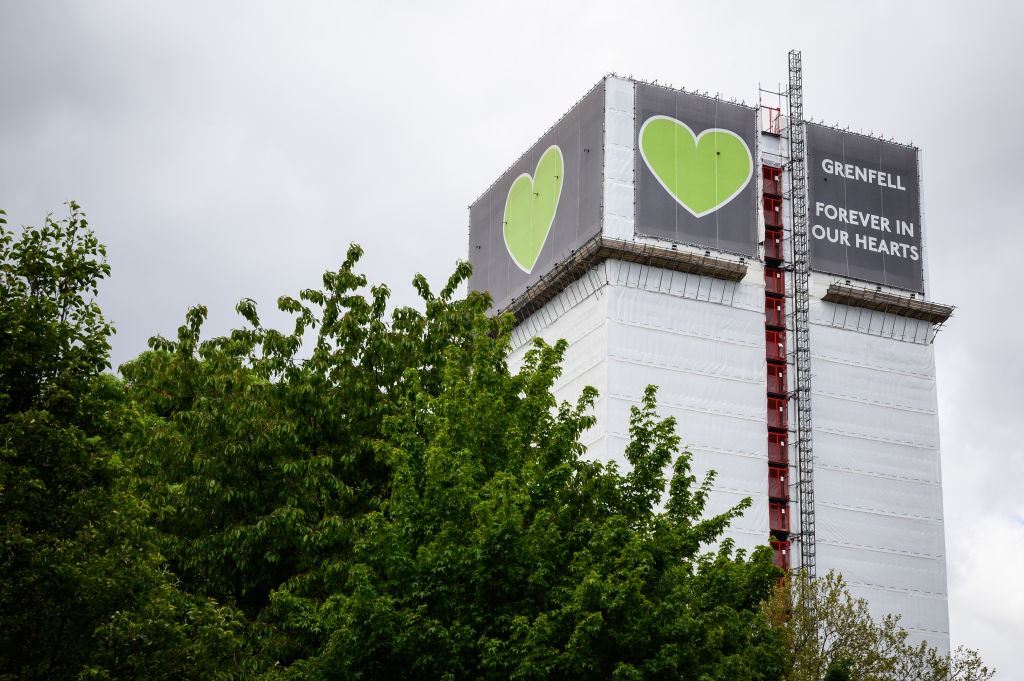Grenfell campaigners accused the Metropolitan Police of Islamophobia after it emerged that officers warned of “crime and disorder” from Muslims in the immediate aftermath of the disaster.
A memo written by Kensington and Chelsea Police four days after the blaze killed 72 people said community tensions could worsen because the fire happened during Ramadan and the victims were from a “Muslim background.”
The note read: “With the cause unknown, any subsequent disclosure would have an impact on community tensions, especially when the majority of those affected are believed to be from a Muslim cultural background – combined with the incident occurring during the holy month of Ramadan.”
In a statement in response to the revelations, Grenfell United, a group representing the bereaved families, said: “This gives an insight into the Metropolitan Police’s priorities in the immediate aftermath of Grenfell.”
During the Grenfell Tower Inquiry last week Alison Munroe QC, a lawyer acting on behalf of the Grenfell families, said: “Questions of race are inextricably linked to Grenfell. We need to look no further than the MPS’s categorising of risk and threats in the aftermath.”
About the note, she said: “This is Islamophobia, it’s racism, the elephant staring back at us in the room.”
A barrister representing the police said the force “strongly refuted any suggestion that Islamophobia affected its response”.
“System riddled with racism and Islamophobia”
The letter from Grenfell United also alleged that officials from the Royal Borough of Kensington and Chelsea (RBKC) referred to them as “muzzies” and refused to go down to Grenfell because “it’s like little Africa down there.”
“And now we’ve heard the Metropolitan police targeted us because of our faith. This is islamophobia at its finest. We are disgusted, horrified. We are angry,” read the letter.
The group praised the “many young Muslim boys that risked their lives to save our families on that horrific night” and said the tragedy happened because of “corporate greed, political corruption and authoritarian neglect.”
It added: “They treated us like criminals because they use a racist, discriminative system. Instead of collecting vital incriminating evidence, their sole focus was to racially profile our community.
“Maybe this is why so much evidence was destroyed. Maybe this is why half a decade later, there are still no charges. Maybe this is why justice for people from our class never gets anywhere.
“Working within a system riddled with racism and Islamophobia will never bring about true justice.”
An RBKC council spokesperson said: “Islamophobia or any other form of racism have no place in Kensington and Chelsea, and we will investigate and take action against any cases brought to our attention.
“We are committed to learning the lessons from Grenfell and being a council that genuinely listens to and is led by its communities. We are participating fully in the Grenfell Tower Public Inquiry and all other court proceedings and will continue to do so no matter what the outcome means for us.”
It has been five years since one of Britain’s worst modern disasters. The blaze at the west London tower block on 14 June 2017 led to an outcry over the safety of high-rise flats and prompted the government to look at overhauling building safety regulations.












